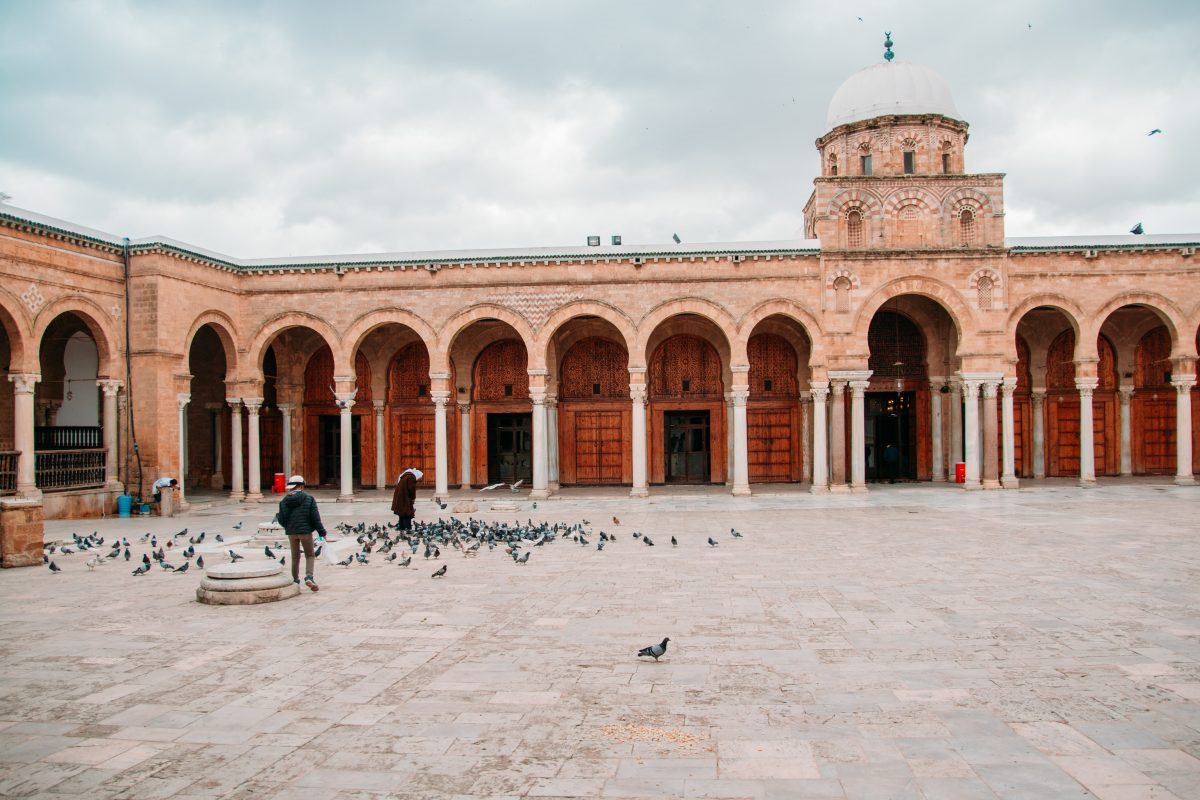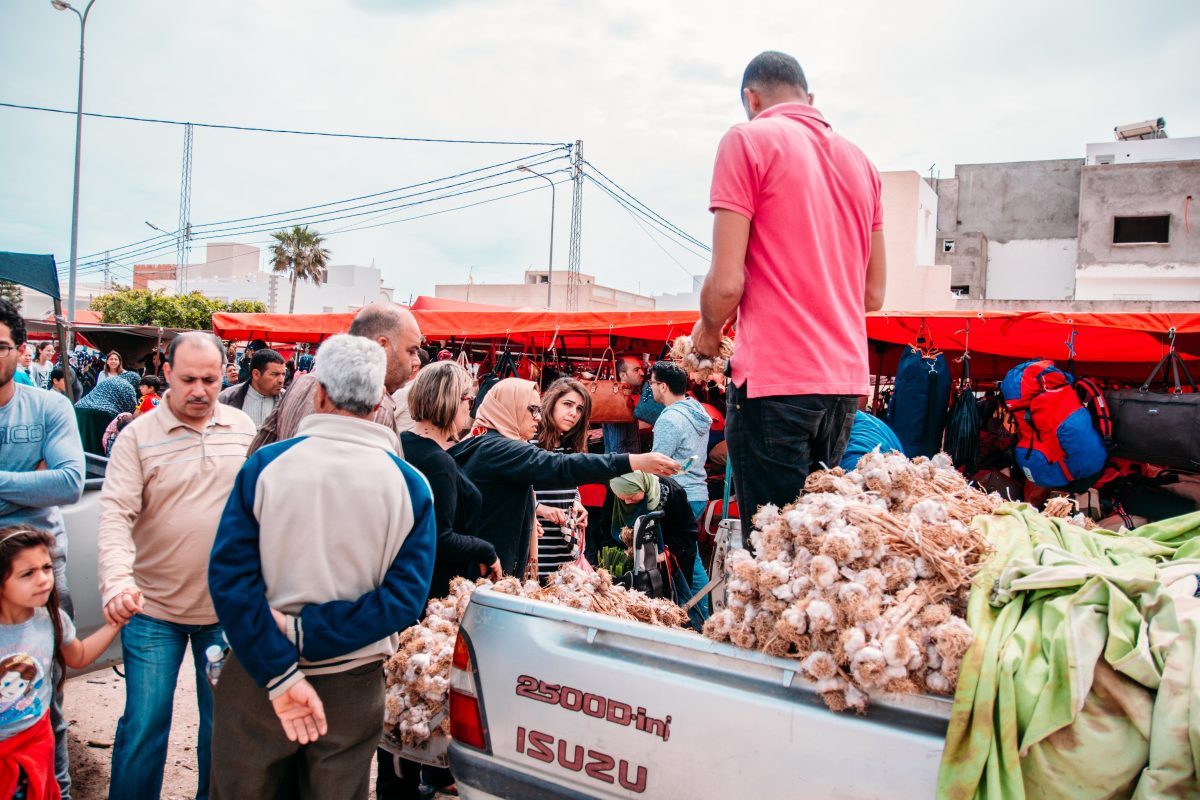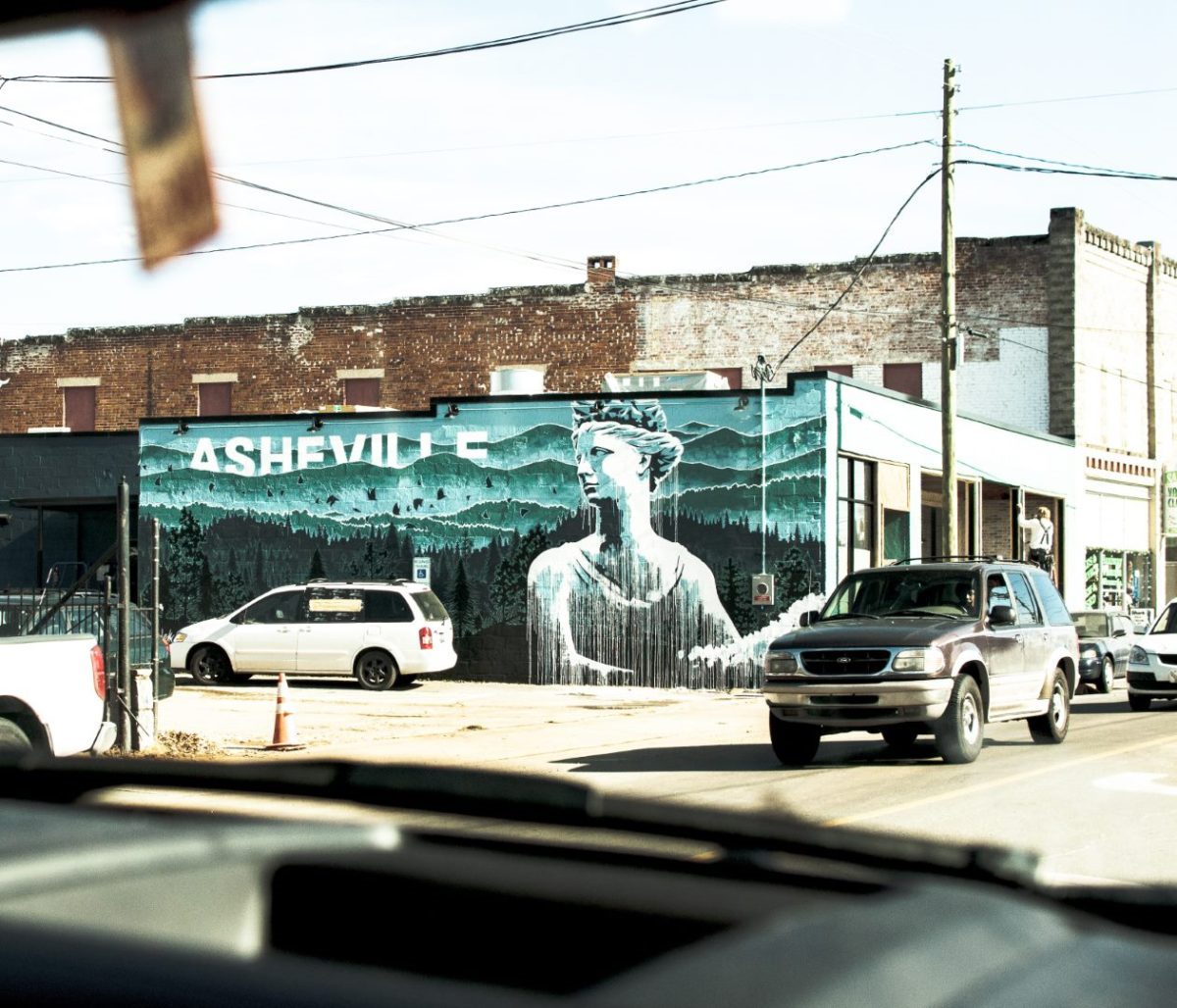How to Plan Your Douz 2-Day Sahara Desert Camel Trek
If you are considering traveling to Tunis soon and looking for an adventurous and unforgettable experience, a 2-day Sahara Desert Camel Trek could be your perfect choice. This amazing tour will take you through the beautiful Sahara Desert on a camel and take you to a traditional Berber desert encampment where you can experience the fascinating Saharan culture. Here is a guide on how to plan your Douz 2-day Sahara Desert Camel Trek to make the most of your trip.Experience
Ride a camel through the Sahara Desert, stay overnight at a Berber desert encampment, be accompanied by a knowledgeable and friendly cameleer guide, and enjoy hotel pick-up and drop-off in Douz.Highlights
- Riding a Camel in the Sahara Desert
- Watching the Sun Rise and Set Over the Golden Dunes
- Staying in a Traditional Berber Desert Encampment
- Experiencing Bedouin Culture and Traditions
- Eating Delicious Berber Food Prepared on an Open Fire
Day 1
On day 1, after an early pick-up from your hotel or accommodation in Douz, meet your Bedouin cameleers and begin your 2-day adventure. Enjoy riding the camel through the stunning views of the golden dunes and the unique landscape that changes as the day progresses. Take photos of the impressive desert and enjoy the peaceful and tranquil atmosphere. Then, take a break for lunch while the chef prepares a delicious meal. Continue your journey after lunch, riding the camel until sunset. Watch the captivating sight of the sun setting behind the golden dunes. Arrive at the desert camp, and sit down for a traditional Berber dinner with famous flatbread prepared on an open fire. Spend the night under the starry Saharan sky drumming around the fire.Day 2
In the early morning, enjoy the charming Saharan sunrise as you eat a Berber breakfast. After breakfast, take a camel ride back to the starting point, and finish the tour with drop-off at your accommodation in Douz.Tips for Planning
Best Time to Visit
The best time to visit the Sahara desert is from October to April as the temperatures are milder than the scorching summer months. During the summer months, daytime temperatures can easily reach 50°C.What to Pack
It is recommended that you bring comfortable and loose clothing as well as comfortable shoes for the camel ride. Additionally, pack a hat, sunscreen, sunglasses, a jacket (especially for the winter months), a sleeping bag, and a flashlight.Booking
To book the Douz 2-Day Sahara Desert Camel Trek, visit https://www.getyourguide.com/activity/-t197887?partner_id=UWJ1LS2 and reserve a spot. The tour costs 252 USD per person, includes all meals, and offers a small group experience limited to 8 people.Book Your Tour Now
A 2-day Sahara Desert Camel Trek is a remarkable and unforgettable experience in which to immerse yourself in Saharan culture and mesmerizing nature. Follow this guide on how to plan your trip to Douz, Tunisia, and enjoy your adventure to the fullest. Don’t forget to take extra photos to keep unforgettable memories of this once-in-a-lifetime experience.
Frequently Asked Questions About Tunis
If you are planning to visit Tunis, the capital city of Tunisia, you may have a lot of questions regarding the city’s culture, landmarks, history, and other important aspects. Here are some frequently asked questions about Tunis that will help you plan your trip and make the most of your visit.1. What is the best time to visit Tunis?
The best time to visit Tunis is during the spring (March to May) and fall (September to November) months when the temperature is mild and the crowds are less. Summers in Tunis can be quite hot and may not be suitable for travelers who are not used to the weather. Winters in Tunis can be rainy, but the weather stays relatively warm.2. What is the local currency and what is the exchange rate?
The local currency in Tunis is the Tunisian Dinar (TND). The exchange rate varies depending on the exchange rate of your home currency. Please check with your bank or currency exchange to get an accurate exchange rate before your trip.3. Do I need a visa to visit Tunis?
Citizens of most countries do not need a visa to visit Tunisia for up to 90 days. However, it is always best to check with the Tunisian embassy in your country to see the current visa requirements for your particular case.4. What is the official language of Tunis?
The official language of Tunis is Arabic, but French is widely spoken and is also considered an official language.5. What are some of the top landmarks to visit in Tunis?
There are many historic landmarks and sites to visit in Tunis, but some of the most popular include:- The Bardo Museum
- The Medina of Tunis
- The Carthage Archaeological Site
- The Zitouna Mosque
- The Dar Ben Abdallah Museum
6. What is the cuisine like in Tunis?
Tunisian cuisine is a blend of Mediterranean, Middle Eastern, and North African flavors. Some popular dishes include couscous, brik (a fried pastry with a filling of egg and tuna or chicken), mechouia (a spicy roasted vegetable salad), and tagine (a slow-cooked stew usually made with meat and vegetables).7. How is the public transportation system in Tunis?
The public transportation system in Tunis is fairly efficient, with buses, trains, and a light rail system called the TGM. Taxis are also widely available throughout the city.8. Is Tunis a safe city for travelers?
Tunis is generally a safe city for travelers, but like any city, it is important to take precautions and be aware of your surroundings. Pickpocketing can be a problem in crowded areas, so it is best to keep your valuables secure.9. What are some customs and traditions to be aware of when visiting Tunis?
Tunisia is a Muslim country, so it is important to dress modestly and be respectful of the local customs and traditions. In some parts of the city, it may be customary to remove your shoes before entering a mosque or someone’s home. It is also important to remember that the workweek in Tunisia is from Monday to Friday, and Fridays are considered a day of prayer, so some businesses and shops may close early on this day.10. Is it customary to tip in Tunis?
Tipping is not mandatory in Tunis, but it is appreciated. A 10% tip is acceptable for good service in restaurants, cafes, and other service industries. In conclusion, Tunis is a vibrant, historic city with a lot to offer visitors. From its fascinating landmarks to its delicious cuisine, there is something for everyone to enjoy. By learning about the local customs and traditions and taking basic safety precautions, you can make the most of your trip to Tunis.
How to Spend Your Time as a Tourist in Tunis
Tunisia is a country with a rich history, stunning landscapes, and a fascinating culture. Tunis, the capital city of Tunisia, is one of the most vibrant and colorful cities in North Africa. With so much to see and do, it can be overwhelming for tourists to plan their itinerary. In this blog post, we will provide a step-by-step guide on how to spend your time as a tourist in Tunis.1. Make a Plan and Set Priorities
The first step in planning your visit to Tunis is to create a plan and set priorities. Start by researching the top attractions in Tunis and make a list of the ones you want to see. Then, prioritize the ones that interest you the most. One of the most popular attractions in Tunis is the Bardo Museum. It is home to one of the finest collections of Roman mosaics in the world. Other popular attractions include the Medina of Tunis, Carthage, Sidi Bou Said, and the Zitouna Mosque.2. Visit the Bardo Museum
The Bardo Museum is a must-see attraction in Tunis. It is home to a vast collection of antiquities, including ancient Roman mosaics, sculptures, and artifacts dating back to prehistoric times. The museum is housed in a 15th-century palace that has been beautifully restored. Visitors should plan to spend at least a few hours exploring the museum to fully appreciate its collection. The museum offers guided tours and has an on-site café.3. Explore the Medina of Tunis
The Medina of Tunis is a UNESCO World Heritage Site and one of the best-preserved Islamic cities in the world. This ancient walled city is home to many historic landmarks, such as the Great Mosque of Tunis and the Dar Hussein Museum. The best way to explore the Medina is on foot. Visitors can take a self-guided tour or join a guided tour. There are also many shops, cafés, and restaurants in the Medina where visitors can experience the local culture and cuisine.4. Marvel at the Ruins of Carthage
Carthage is an ancient city located just outside of Tunis. It was once a great Mediterranean power and is now a UNESCO World Heritage Site. Visitors can explore the ancient city’s ruins, including the Amphitheater of Carthage, the Antonine Baths, and the Punic Ports. There are also many museums in Carthage that showcase the city’s history, including the Carthage National Museum and the Museum of Carthage. Visitors can take a guided tour or explore on their own.5. Visit Sidi Bou Said
Sidi Bou Said is a charming village located on a hill overlooking the Mediterranean Sea. It is famous for its white and blue buildings and stunning views. Visitors can explore the village’s narrow streets and alleyways, visit its many art galleries and shops, and enjoy a cup of tea at one of its traditional cafes. The village is accessible by train from Tunis and is an easy day trip. Visitors should plan to spend a few hours exploring the village to fully appreciate its beauty.6. Experience the Zitouna Mosque
The Zitouna Mosque is one of the oldest and most significant mosques in North Africa. It is located in the heart of the Medina of Tunis and is a beautiful example of Islamic architecture. Visitors can take a guided tour of the mosque or simply admire its beauty from the outside. It is recommended to dress modestly when visiting the mosque out of respect for the Muslim faith.7. Try the Local Cuisine
Tunisian cuisine is a fusion of Mediterranean, Arabic, and African influences. Visitors should try traditional dishes like couscous, brik, and Tunisian-style pizza. There are many restaurants and cafes in Tunis that serve Tunisian cuisine. Visitors can also try street food like Tunisian sandwiches and snacks sold by street vendors in the Medina.Book Your Tour Now
Tunis is a city full of history, culture, and beauty. By following this step-by-step guide, visitors can experience the best of what Tunis has to offer. Remember to prioritize your itinerary based on your interests and plan ahead to make the most of your time in Tunis.Table of Contents

